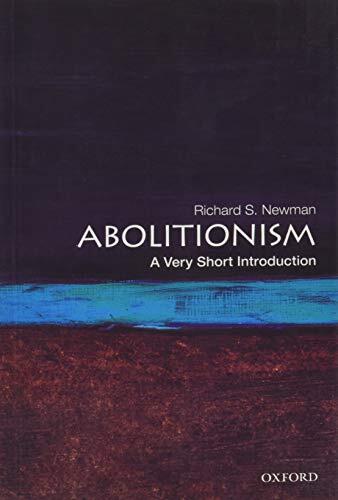
Abolitionism: A Very Short Introduction
によって
Richard S. Newman
まだ評価がありません
Action & Adventure
History
形式
ペーパーバック
ページ数
176
言語
英語
公開されました
Aug 2, 2018
出版社
Oxford University Press
版
Illustrated
ISBN-10
0190213221
ISBN-13
9780190213220
説明
This concise exploration delves into the rich history of abolitionism, tracing its evolution from initial slave rebellions to the fervent activism during the Civil War era and its aftermath. Richard S. Newman paints a vivid portrait of the abolition movement, highlighting the diverse figures who contributed to its cause. Readers will discover stories of courage and determination, as individuals defied societal norms and fought tirelessly for freedom and justice.
The narrative reveals the complexities of the abolitionist struggle, emphasizing the various ideologies and strategies employed by its advocates. From grassroots organizing to legislative advocacy, the movement was marked by a wide range of approaches, each reflecting the unique perspectives of its leaders. Newman skillfully contextualizes these efforts within the broader tapestry of American history, illustrating how the fight against slavery resonated across different social and political landscapes.
Ultimately, this insightful introduction invites readers to engage with the ongoing relevance of abolitionist principles in contemporary discussions about justice, equality, and human rights. By examining the past, it encourages a deeper understanding of the enduring challenges in the quest for freedom and social change.
The narrative reveals the complexities of the abolitionist struggle, emphasizing the various ideologies and strategies employed by its advocates. From grassroots organizing to legislative advocacy, the movement was marked by a wide range of approaches, each reflecting the unique perspectives of its leaders. Newman skillfully contextualizes these efforts within the broader tapestry of American history, illustrating how the fight against slavery resonated across different social and political landscapes.
Ultimately, this insightful introduction invites readers to engage with the ongoing relevance of abolitionist principles in contemporary discussions about justice, equality, and human rights. By examining the past, it encourages a deeper understanding of the enduring challenges in the quest for freedom and social change.



















